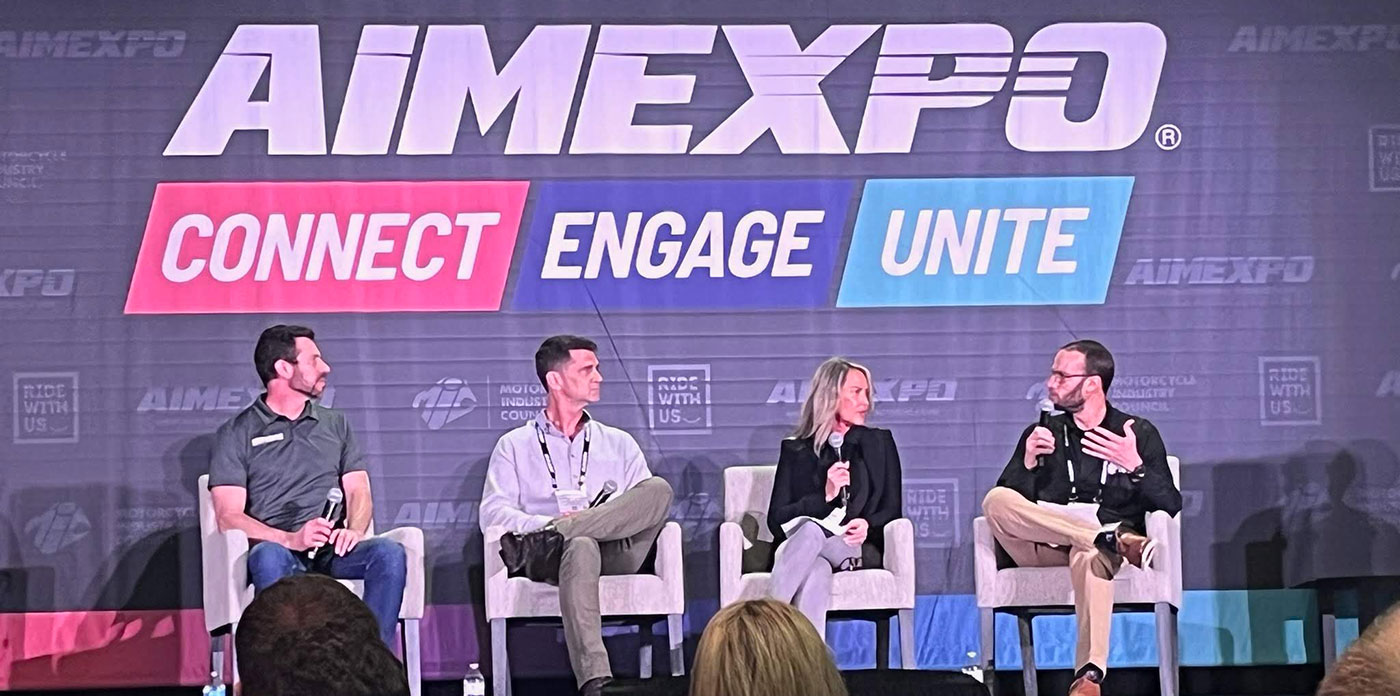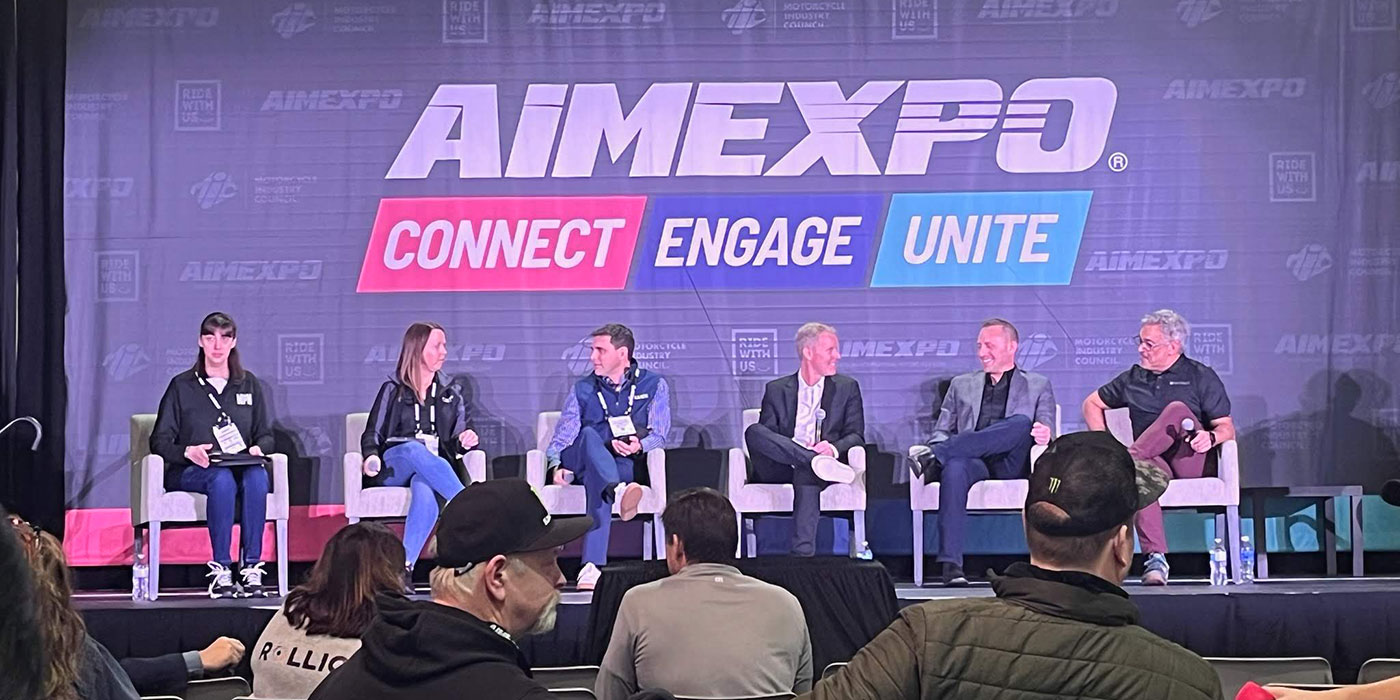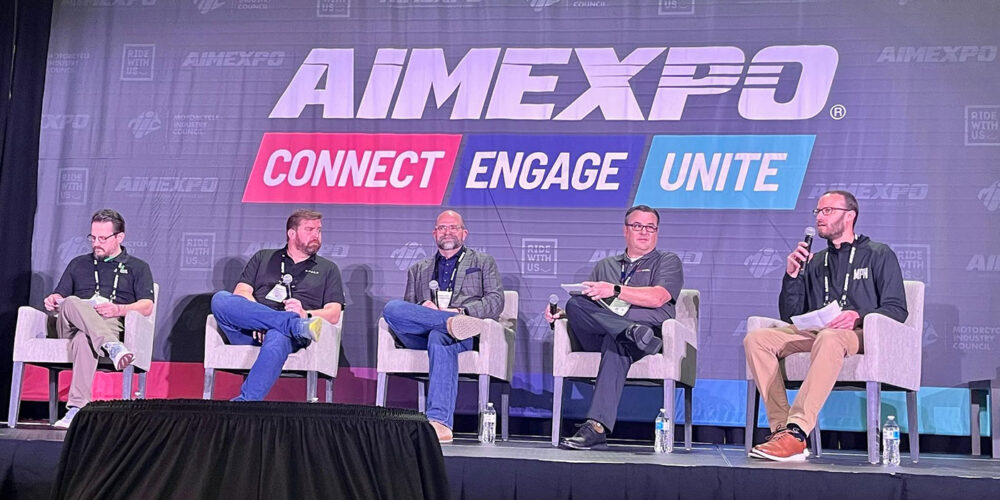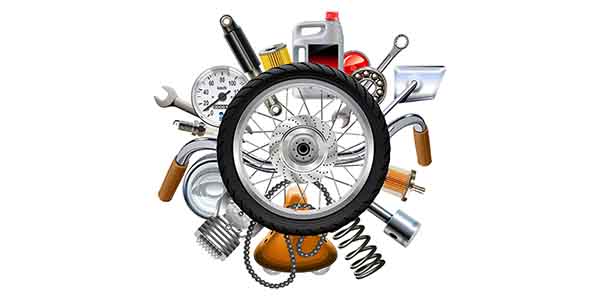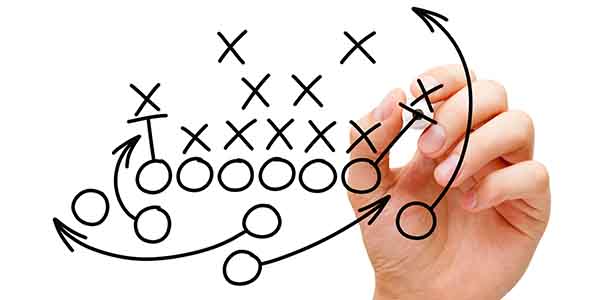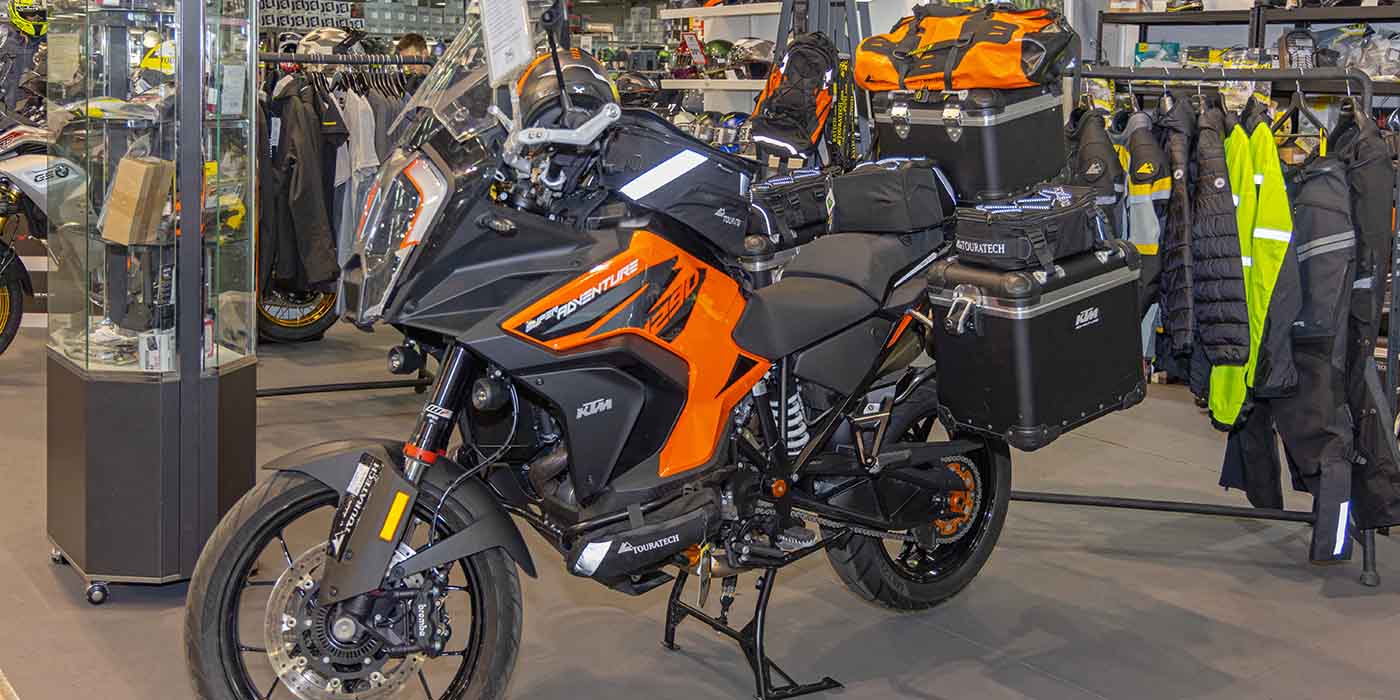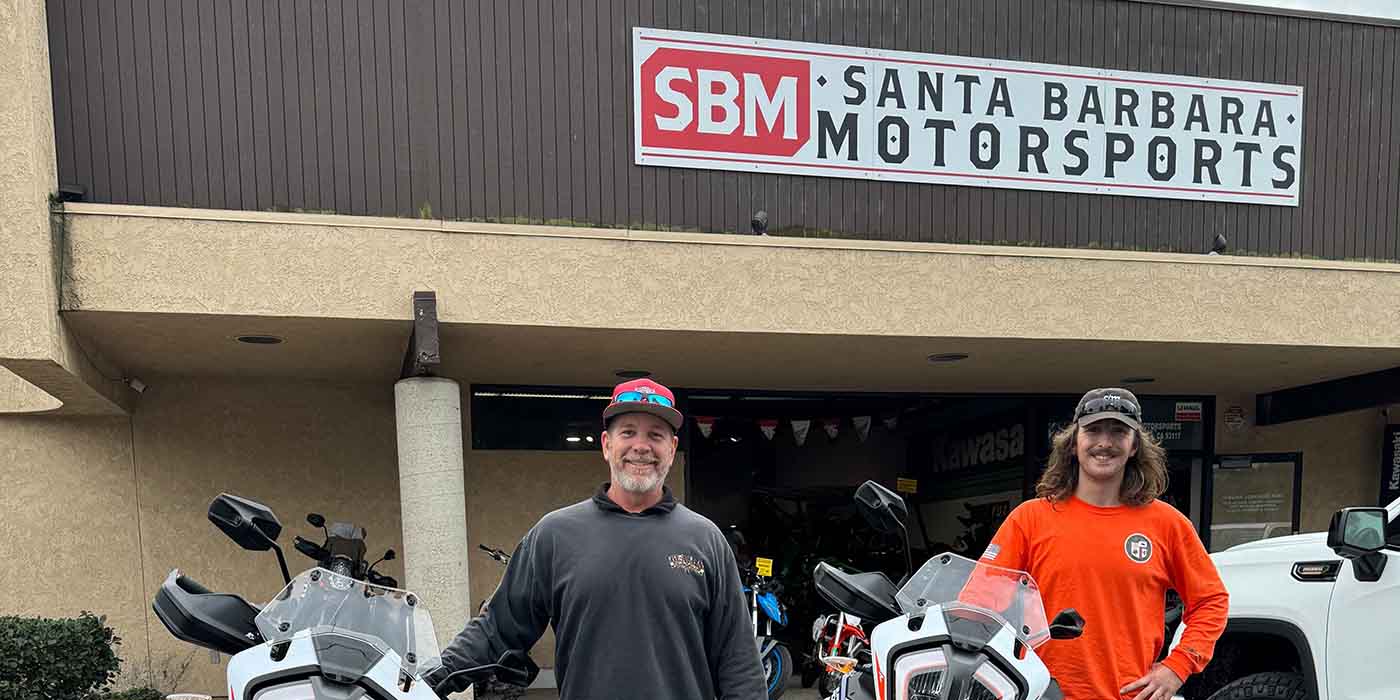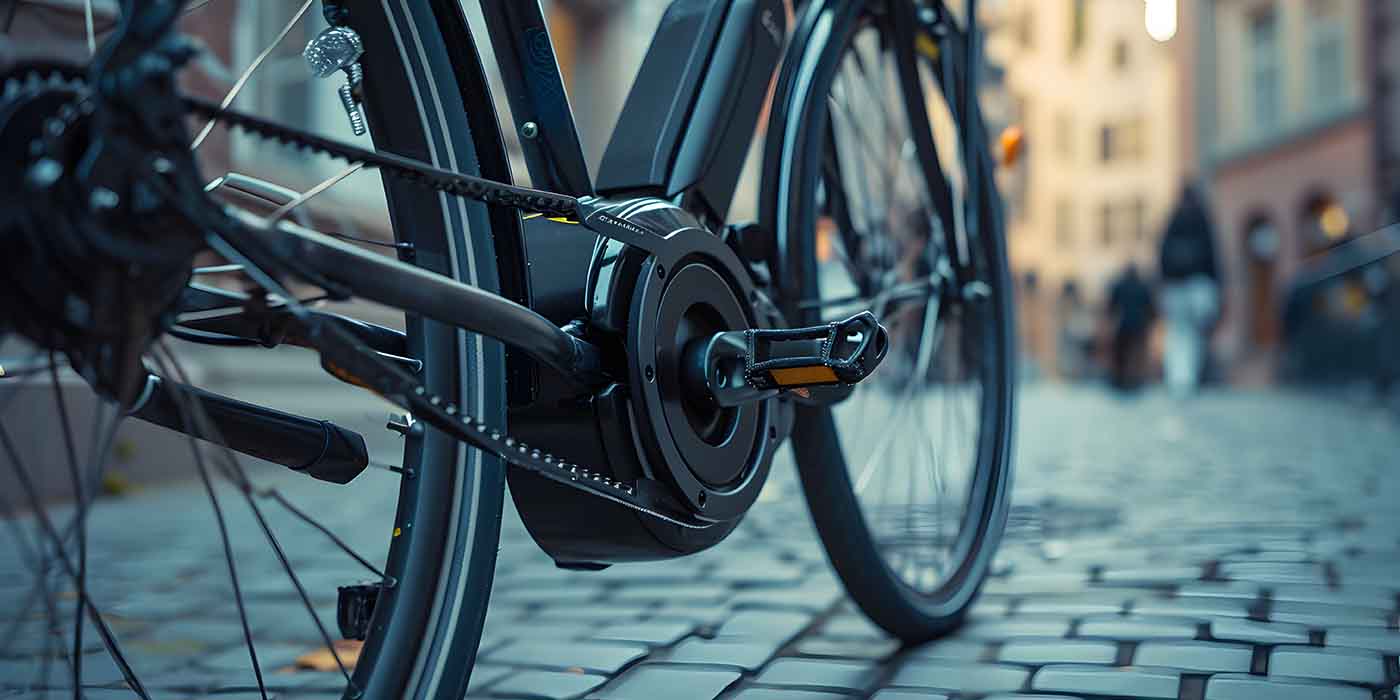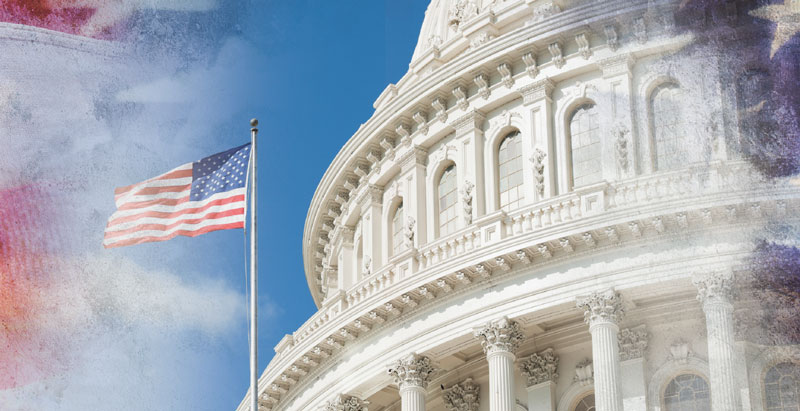 Top Issues Affecting Powersports Dealers and What You Can Do About It
Top Issues Affecting Powersports Dealers and What You Can Do About It
[dropcap]B[/dropcap]eing an election year, most of the headlines in recent months have been aimed toward the two presidential nominees. While we are free to vote for whomever we wish, why not look at the 2016 election from a perspective that makes sense for the powersports industry as well? The AMA and MIC are among a number of motorcycle and recreation-related organizations that hope come November, you are also voting with the industry in mind. It’s not just rider rights-based voting that needs your support as enthusiasts. We tried to highlight some of the issues that need support from industry professionals who want to maintain and hopefully grow the powersports industry as well as their business.
We are very lucky that here in the United States we have access to so much public land, more than most other developed countries in the world. It’s part of what makes the off-road OHV community and customer-base thrive. According to the latest numbers from MIC, sales of off-road motorcycles are in fact thriving, while many other segments were down through June. Most dealers would like to hang on to as many customers as they can, especially after the economic meltdown. We talked to some representatives of the associations and asked about the hot topics dealers need to pay attention to and how they can get involved.
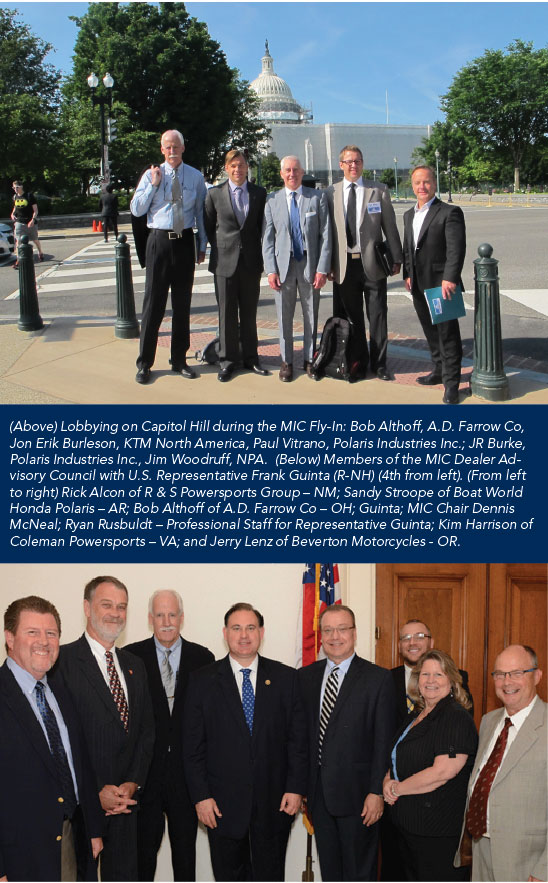 Our experts noted that advocacy needs to be an ongoing practice, not just for one issue that is top of mind one minute and later forgotten.
Our experts noted that advocacy needs to be an ongoing practice, not just for one issue that is top of mind one minute and later forgotten.
“All advocacy has to be a drumbeat,” says MIC’s director of federal affairs, Duane Taylor. “It almost has to be to the point where they’re rolling their eyes. That’s not really our industry, but just a general rule in terms of how advocacy is carried out.”
Most of the issues that are in the forefront revolve around protecting access for OHVs. Again, our experts note that this is a multifaceted issue, which needs to be addressed from several fronts. Local issues are something dealers can really get involved with because it has a more immediate impact on your business. Some of the larger far-looming issues such as National Monuments or Wilderness designations are also the ones that seem out of reach for dealers (especially in the eastern half of the country) but can have long lasting consequences on both a business and user level.
Don Amador, Western Representative for the BlueRibbon Coalition, which champions the responsible use of public lands and waters for all recreationists, says there are many access issues out there that could or will affect you as an enthusiast or businessperson in the industry. You should strongly consider a course of action that gets you a seat at the table before it is taken away.
“One of my big concerns,” says Amador, “is rider apathy. Whether people are too busy working one or two or three jobs, or they don’t want to get involved for whatever reason, probably 90-95 percent of the off-road community doesn’t belong to a club, a lot of them don’t vote, they’re not engaged. It is only when their favorite road or trail is closed that people get excited and make a donation and join, but once the crisis passes, they fall off the radar. In our sport we need people (whether a dealer/industry professional or enthusiast) engaged all the time because you’ve got Forest Service, BLM and even state programs that depend on active participation.”
Amador says what has changed over the last 5-10 years, particularly with the federal agencies, is that they’re more focused on stakeholder groups and collaborative efforts. His advice to clubs is to make sure you’re present at all Forest Service and BLM meetings where recreation is being discussed.
“The good news is, if you show up and participate and have skin in the game, you might be surprised at what sorts of recreational opportunities they might provide for you,” he says. “But if you’re not at the table, trust me, you aren’t going to like what they come up with.”
Amador says he works with both MIC and AMA, and both have been supportive of the causes he works for regarding OHV recreation. “Legislation is an important tool for recreation groups,” says Amador. “There are a number of bills in congress right now such as H.R. 1838, the bill to reopen the Clear Creek recreation area in Central California. That just passed out of the House. We’re going to see how it does in the Senate.”
Another important bill that was recently introduced by Congressman Doug LaMalfa (R-CA) is the GO Act. The Guides and Outfitters Act (GO Act), H.R. 5129 will continue to make recreation services available to the public and renew the authorization for outfitter and guide permits while eliminating bureaucratic red tape. The measure also caps permit fees, prevents federal agencies from imposing fees outside of federal lands, and provides categorical exclusions for previously studied uses to eliminate duplicative studies that delay permits.
“Over time there has been sort of a perfect storm of regulations, court decisions, political agendas, etc., that have created a sea of red tape for clubs, whether it’s a race or just a club poker run, it’s gotten pretty onerous,” says Amador. “It’s 100 percent arbitrary. There’s no congressional oversight as we speak, so clubs in many areas are getting priced out of events. I’ve seen prices go from $500-$1,000 for an event to $50,000 to $100,000. Just depending on whether the area manager wants that activity on their land or not.”
Other key land access issues highlighted by MIC (www.mic.org) include:
The Recreational Trails Program (RTP) uses a portion of funds generated by motorized off-highway trail users who pay the gas tax on any fuel they purchase for use in their off-highway vehicles to fund trail building, maintenance and other trail-related expenses.
The Antiquities Act of 1906 grants the President the authority to designate historic landmarks and other objects of historic or scientific interest on public lands as National Monuments. However, Presidents of both parties have inappropriately designated enormous swaths of public lands as National Monuments. The House recently passed an amendment with bipartisan support to prohibit the use of funds to make a Presidential declaration under the Antiquities Act in counties where there is significant local opposition.
According to MIC, such wholesale restrictions and closures to OHV use will have a negative impact on many local and often rural economies. In addition, nearly 40% of revenue generated by outdoor recreation comes from motorized recreation, which is often heavily restricted in National Monuments.
Wilderness is the most restrictive of all public lands designations as no motorized or mechanized access is permissible in these areas. Only Congress has the authority to designate wilderness. MIC says it opposes wilderness designations that are inappropriate in size and/or do not fit the statutory definition of wilderness.
Amador says having lived in the Pacific Northwest during the Spotted Owl and Timber War days, he witnessed the blood feud between conservatives and environmental groups. “That has changed almost 180 degrees. And that’s a good thing for public land access. They’ve accepted OHV as a legitimate use of public lands for the most part. I think the future looks good for OHV, but at the same time we need to continue to get the user community engaged, and be involved in all access of public land use whether it’s administrative or political or grassroots.”
On the business side, a current hot button issue is reforming the CFPB and dealer-assisted financing. The Consumer Financial Protection Bureau (CFPB) issued guidance in 2013 that would basically eliminate a dealer’s flexibility to discount loans in their showroom. A nonpartisan study of the CFPB’s methodology found it was prone to significant errors. The CFPB knew of these flaws yet failed to correct them. Pending legislation would repeal the guidance and also requires the Bureau to consider the consumer impact of new guidance.
CFPB reform is really a hot issue and something our Dealer Advisory Council is extremely interested in,” says MIC Senior VP of Government Relations, Kathy Van Kleeck, who also noted that a coalition has been spearheaded by NADA on the CFPB. They have some excellent information on their website devoted to the issue (www.nada.org/legislativeaffairs).
“Suffice to say that this agency has overreached in an effort to prevent discrimination in lending practices, and have basically tried to say that you can’t adjust your rates. So what’s going to happen is the people who don’t qualify for the best credit just aren’t going to get credit, rather than being given credit at a low rate,” says Van Kleeck.
In March, S. 2663, the “Reforming CFPB Indirect Auto Financing Guidance Act” was introduced by Sen. Jerry Moran (R-Kan.). The Senate Banking Committee has held two hearings on the CFPB where support for keeping vehicle loans affordable was highlighted. This bill is identical to H.R. 1737, which passed the House in November by a veto proof vote of 332-96 including 88 Democrats.
Other business issues we should mention are the RPM Act, which focuses on the conversion of a stock vehicle to a racing modified vehicle. The Specialty Equipment Marketing Association (SEMA), AMA and MIC are all petitioning Congress to make sure racing vehicles are exempt from the EPA’s Clean Air Act. Visit SEMA.org for more on this issue and to point customers to help join the cause.
The Ride Act is another issue we will gloss over for now because the issue appears to be resolved, according to the folks at MIC. Briefly, the CPSC wanted to mandate ROV standards instead of having voluntary standards and the RIDE Act ensured that before CPSC could adopt a mandatory standard, the National Academy of Sciences had to undertake a study on the proposed standards. At the recent MIC Fly-In in Washington D.C. four Congressmen were given MIC Chairman’s Awards for their part in advocating the RIDE Act. It is not quite resolved as of press time, but as MIC’s Van Kleeck said best, “Let’s not poke the bear at the moment.”
What Role Can Dealers Play?
Some keys to action that dealers can take would be to help make customers who may have just bought a new vehicle aware of the land access issues. A dealer can ask a customer to sign up for Americans for Responsible Recreational Access (ARRA), for instance, and then have some literature to handout when they buy a vehicle or gear. Dealers should also join MIC as advisory members to be involved in Industry Fly-Ins to lobby for your rights up close and in-person.
Amador uses the example of Sean Coplen at Roseville Yamaha. “He sends out email alerts to his customer base on important issues. Coplen also has a message posted on his website urging riders to support the BlueRibbon Coalition, the Trail PAC, and AMA district 36. So there are ways for dealers to be involved, even if it’s just alerting their customer base of opportunities to be engaged. It doesn’t cost a lot of money, so maybe that’s something that the industry and dealers can look at. What are some easy tools that we can use and look at what others are doing? Yamaha and some other OEMs are doing a good job, so that’s probably a good place to start.”
MIC’s Duane Taylor concludes that helping a customer become engaged in the issues is also good for business.
“It helps the dealer advocating for his or her industry and it helps the new purchaser feel like they are a part of something right away,” he says. “Which is what everyone gets into this for anyway.”
Industry Rights Resources:
American Motorcyclist Association – www.americanmotorcyclist.com
As the world’s largest motorcycling organization, the AMA advocates for motorcyclists’ interests in the halls of local, state and federal government, the committees of international governing organizations, and the court of public opinion.Americans for Responsible Recreational Access (ARRA) – www.arra-access.org
Americans for Responsible Recreational Access (ARRA) was formed to ensure that Americans are not arbitrarily denied the right to responsibly experience and enjoy the public lands that belong to the citizens of the United States. The members of ARRA, which include horseback riders, personal watercraft users, off-highway vehicle and snowmobile riders, and vacationing families, have joined together to provide input on decisions regarding land use designation, recreation opportunities, and preservation. Its members seek responsible consideration of competing activities, which are based on sound environmental principles.BlueRibbon Coalition – Sharetrails.org
The BlueRibbon Coalition was started in 1987 shortly after Clark Collins, founder and first Executive Director, was told by then Idaho Governor John Evans that recreationists were not politically significant and implied that Wilderness was more important than motorized access to public lands. Clark gathered and worked with other recreationists in a huge undertaking to educate all users of public lands in Idaho just how our resources were not being preserved FOR the public, but rather FROM the public.Motorcycle Industry Council – MIC.org
The MIC is a national trade association supporting motorcyclists in the U.S. by representing manufacturers, distributors, dealers and retailers of motorcycles, scooters, ATVs, ROVs, motorcycle/ATV/ROV parts, accessories and related goods and services, and members of allied trades such as insurance, finance and others with a commercial interest in the industry.Tread Lightly! – www.treadlightly.org
Tread Lightly! offers a myriad of programs, trainings and educational material to help educate recreationists across the nation on the importance of treading lightly. Tread Lightly!’s positive message of balancing outdoor ethics with recreation has reached more than 200 million people through strategically-designed public service announcements for print, radio, television and the web.


